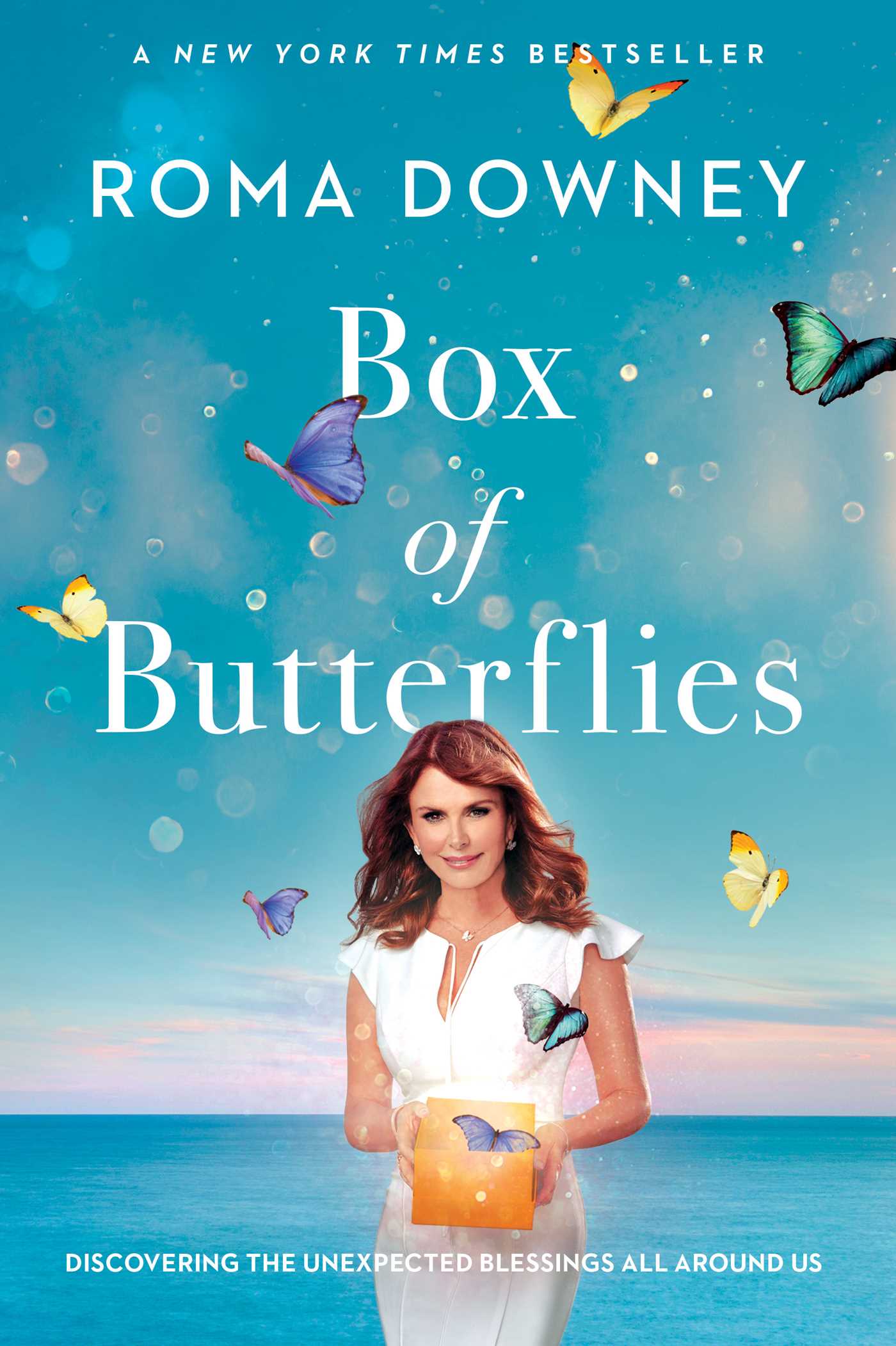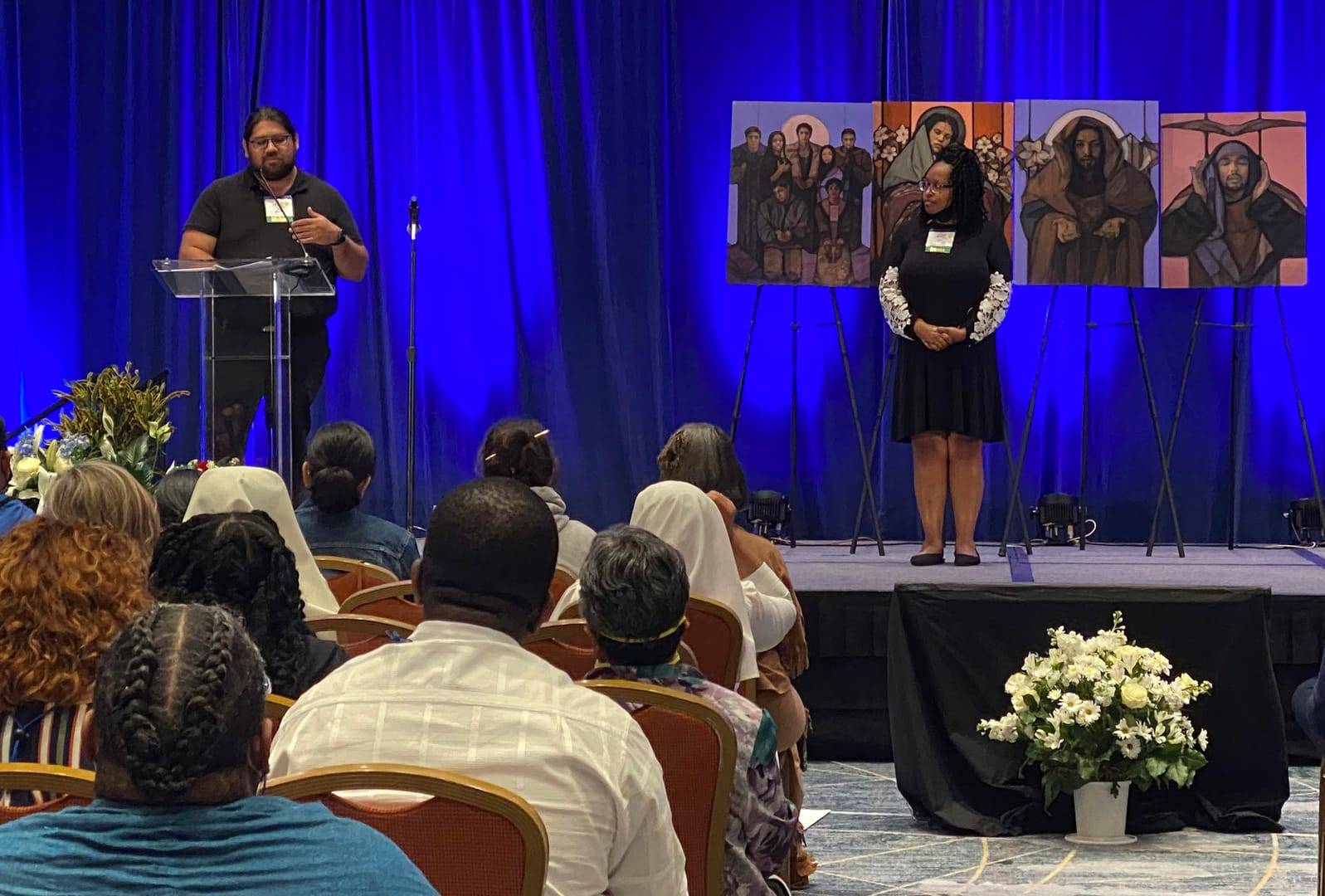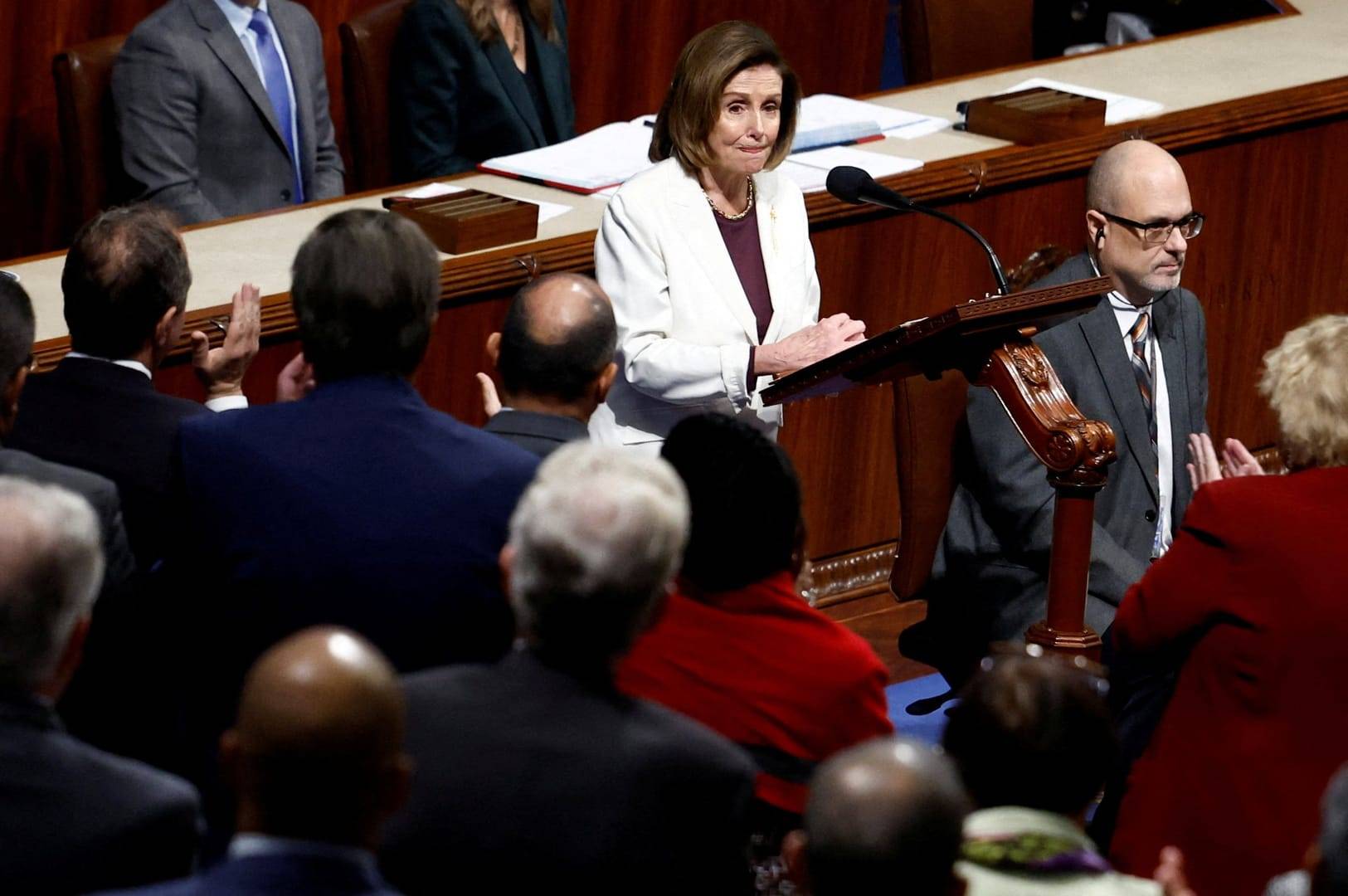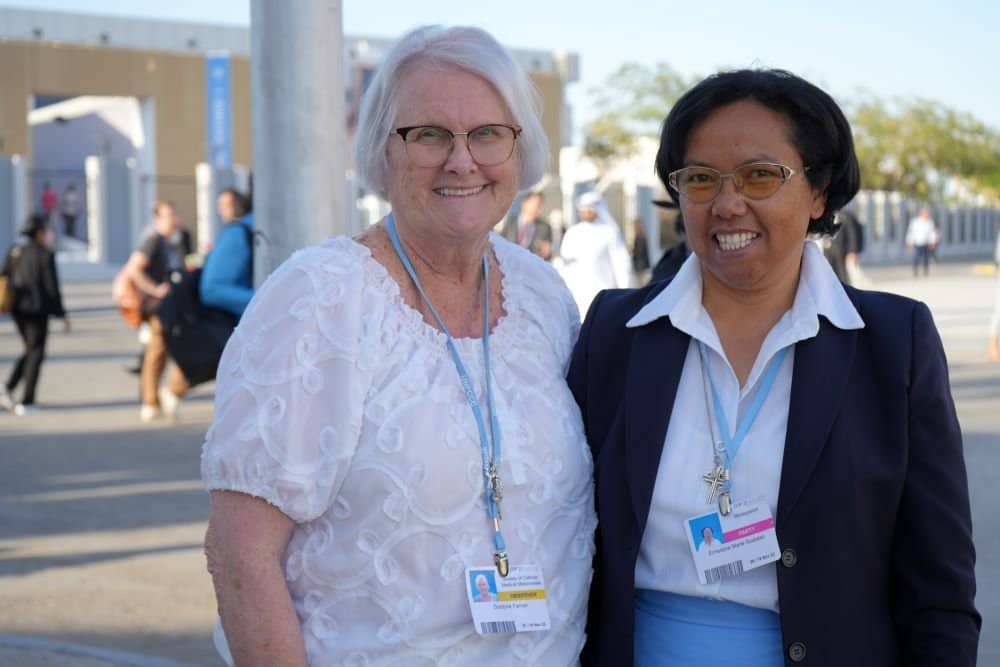WASHINGTON, D.C. — One of Roma Downey’s life lessons came from her mother’s cabinet full of broken china.
The well-known actress and producer of three popular biblical movies recounts an experience growing up in strife-torn Northern Ireland. A British armored car rolled up her street, and the vibrations caused the glass shelves of her mother’s china cabinet to collapse. All the china plates and bowls she had been saving for that special occasion came crashing down.
As a young girl, Roma saw her mother holding the pieces and crying. All that beautiful china had been saved for some future meal or some future guests, “but for what?” Downey asked during a recent interview with Catholic News Service. The lesson is to “seize the moment,” she said. “Don’t put things off. It is all a gift.”
Appreciating the fleetingness of the moment is one of the insights that Downey has drawn from her extraordinary life.
On the surface, Downey has enjoyed an enviable level of success: Starring in the CBS television hit “Touched by an Angel,” she played the angel Monica for nine seasons. Downey went on to co-produce with her husband, Mark Burnett, the 10-hour miniseries “The Bible,” as well as “A.D. The Bible Continues,” and the feature film “Son of God.” She even has her own star on Hollywood Boulevard.
Yet her new book, “Box of Butterflies” (Howard Books/Atria) is suffused with stories not just of success and blessing, but of pain and loss.
“Box of Butterflies” is a lavishly designed “scrapbook” of favorite poems and pictures, memories and friendships. At its heart, however, the lesson is that life — like a butterfly — is a fragile gift that must be appreciated and never taken for granted.
She describes herself “as a girl whose childhood essentially ended at age 10” with the death of her mother.
Downey lost her father a decade later. He who was himself twice a widower had told his young daughter, “Roma, remember that if you can bury your da, you can do anything.” She said she knew he was telling her that “to strengthen me so that I would not fall apart” when he died.
She also survived “The Troubles” in the Northern Ireland town of Derry where she grew up. Violent clashes between Catholics, Protestants and British soldiers added a harrowing backdrop to her daily life. She herself as a girl narrowly escaped a sniper’s bullet while visiting her mother’s grave site.
Reflecting on a quote from Julian of Norwich that while we may not avoid troubles and grief, “you shall not be overcome.” Downey said she was not overcome, but she was changed mightily. “The trauma of losing my mother at such a young age totally shaped the woman I became,” she said.
Such trauma is how one’s character develops, she added, for the choice is to “lie down under it or step up and endure.”
“I endured because of God, because of my faith,” she said.
Her book is in part a letter to mothers and mothers-to-be on how not to be overcome. “Everyone is going to be touched by suffering,” Downey said. “It is part of the human experience.” The trouble with society today is that we “are in mass denial.”
“We don’t talk about death or dying.” Instead, “we have so many forms of self-medicating to avoid our feelings: overshopping or overeating or overdrinking to fill the void.”
In her book Downey recalls memories of her mother, but tells of the great healing that came with the birth of her own daughter, Reilly. She also discusses her daughterlike relationship with her fellow “angel,” the actress Della Reese. “Since the age of nearly 11, I have been searching for that kind of tender, unconditional love that only a mother can give. And I found that in Della Reese,” she wrote.
Reese and Downey co-starred in “Touched by an Angel.” Off screen, they shared deeply painful moments, such as the death of Reese’s only daughter.
For a woman who in many ways is extraordinarily successful, “Box of Butterflies” is a reminder that no one is immune to loss or grief. While we may not be able to choose what challenges face us, we are free to choose how we approach such challenges.
“We can choose darkness and lack,” Downey writes. “Or we can choose light, hope and gratitude. May we all choose light.”


















